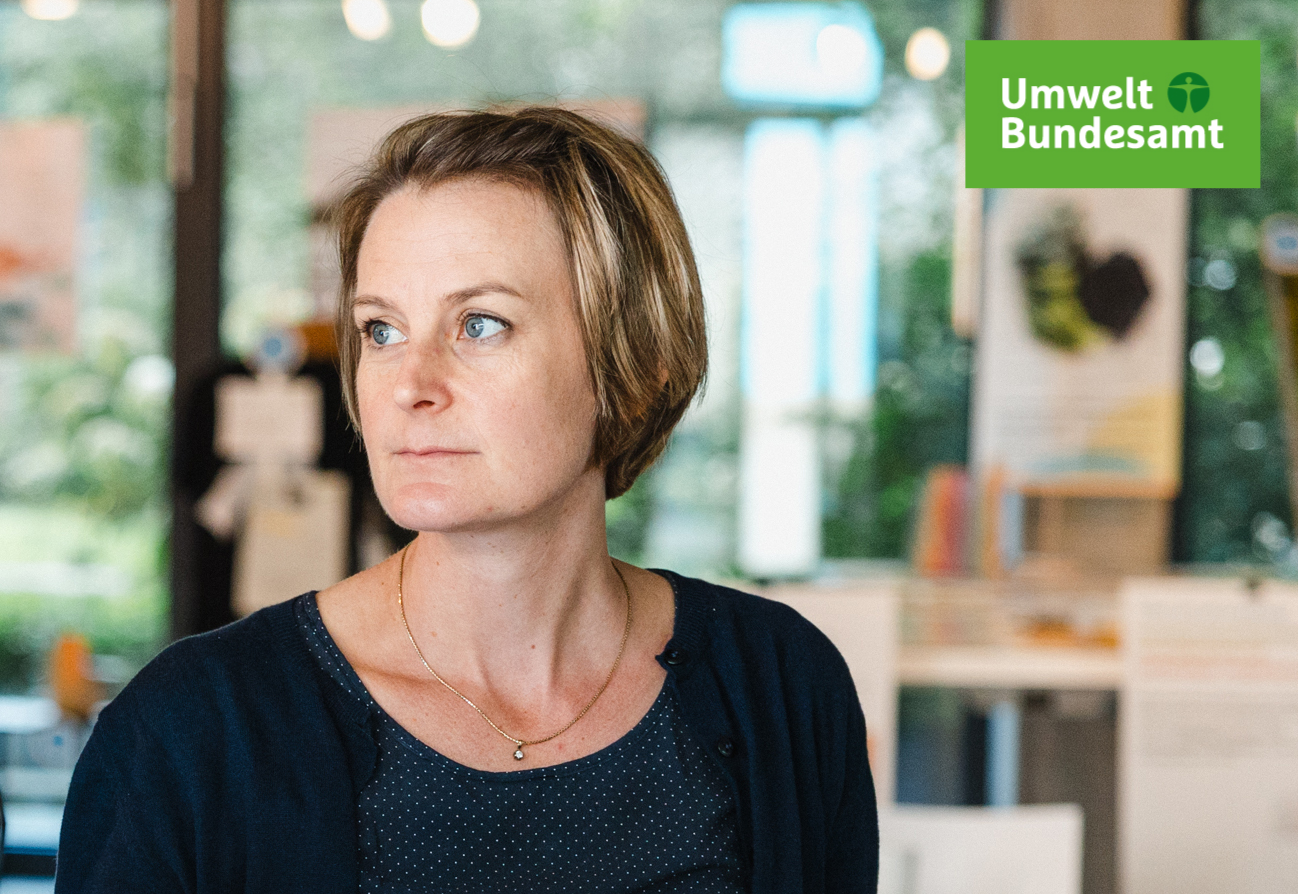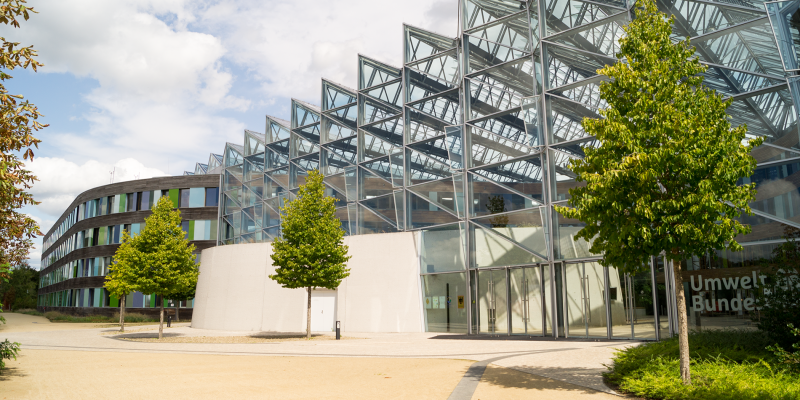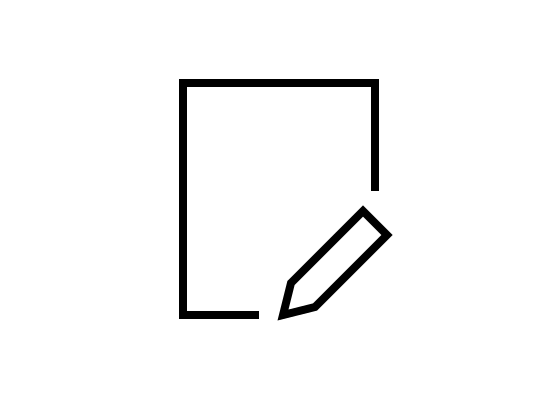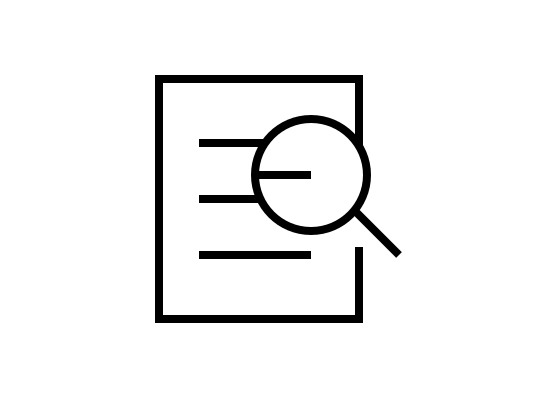
The German Environment Agency (UBA), together with the Federal Ministry for the Environment, is not only the initiator of the Federal Ecodesign Award, but is also closely involved in the evaluation and quality review of submissions, alongside the Advisory Board and the Jury. In this short interview, Lisa Cerny, who has been supporting the project at the German Environment Agency from the very beginning, explains what constitutes good design from an environmental perspective.
Please briefly introduce yourself and your tasks at UBA and tell us what you like about it.
I am an environmental scientist and have been working at the German Environment Agency since 2009 on issues related to sustainable consumption and ecodesign. Our work aims to establish ecological product design as a widely applied design principle. To achieve this, we initiate and oversee research projects and, in this context, jointly launched the Federal Ecodesign Award with the Ministry in 2012.
Working at the German Environment Agency is very diverse. As a federal authority under the Federal Ministry for the Environment, our responsibilities range from policy advice to public information and the enforcement of environmental legislation. In my case, this means managing research projects in the fields of sustainable consumption and ecodesign, whose results ultimately feed into policy recommendations or information tools for specific target groups—such as the Ecodesign Kit, a knowledge platform for designers and companies.
As an environmental expert, what are the most important aspects for you to reflect on in the design process? What criteria do you value most when evaluating a submission?
The first question I ask myself when assessing any submission is whether the product or service contributes in some way to reducing environmental impact. This can be achieved, for example, through intelligent circular systems, the substitution of environmentally harmful materials, or by replacing a product with a service that provides the same benefit.
We also place great importance on submissions being well thought through in terms of user behavior. Ideally, they should encourage consumers to use the product in a more sustainable way.
The Federal Ecodesign Award celebrated its 15th anniversary in 2026. From your observations, has the relevance of sustainable design changed since the first call for entries?
Fortunately, the topic has become much more prominent—both among companies and consumers. Sustainable alternatives can now be found across all industries. We also observe a shift in submissions to the Federal Ecodesign Award away from a purely product-focused approach toward circular economy concepts and service-based solutions. In addition, applications of AI with environmental relevance are becoming increasingly diverse.

Since its foundation in 1974, the German Environment Agency as a central scientific authority has been helping to make life in Germany more environmentally friendly. In addition to providing research and advisory support to the federal government, the UBA handle a wide range of environmental issues on a national and international level every day.


